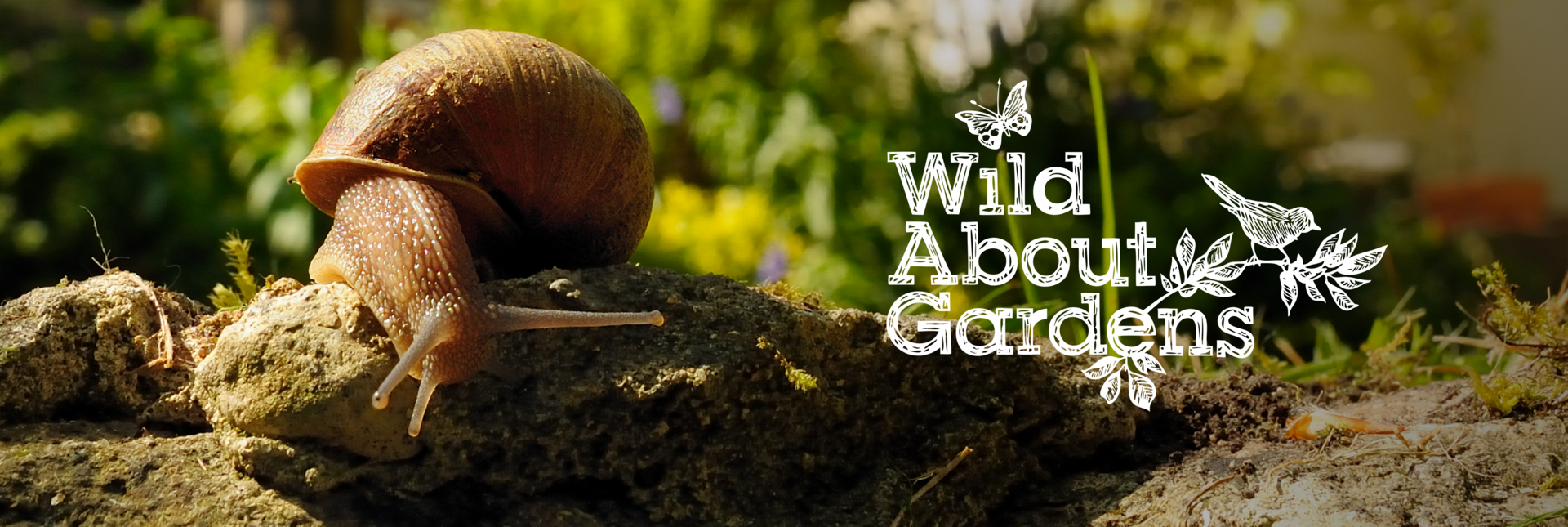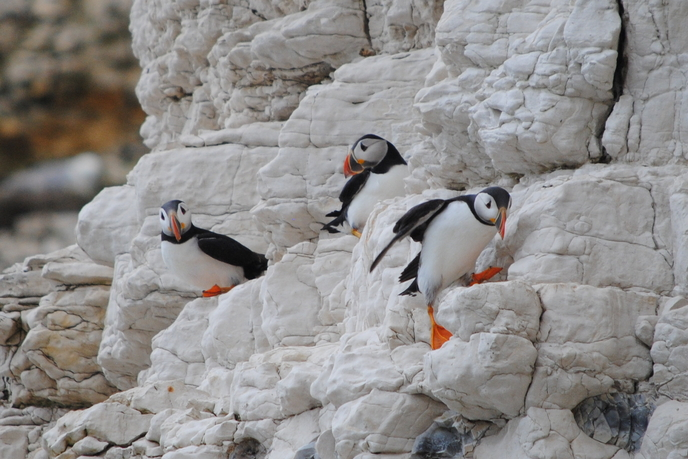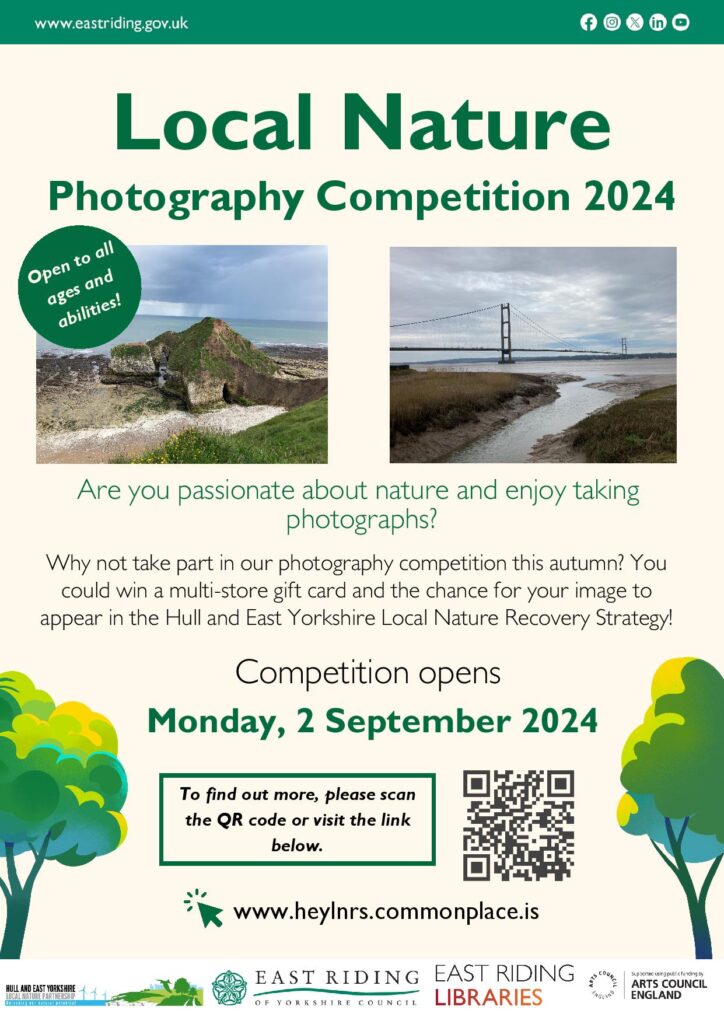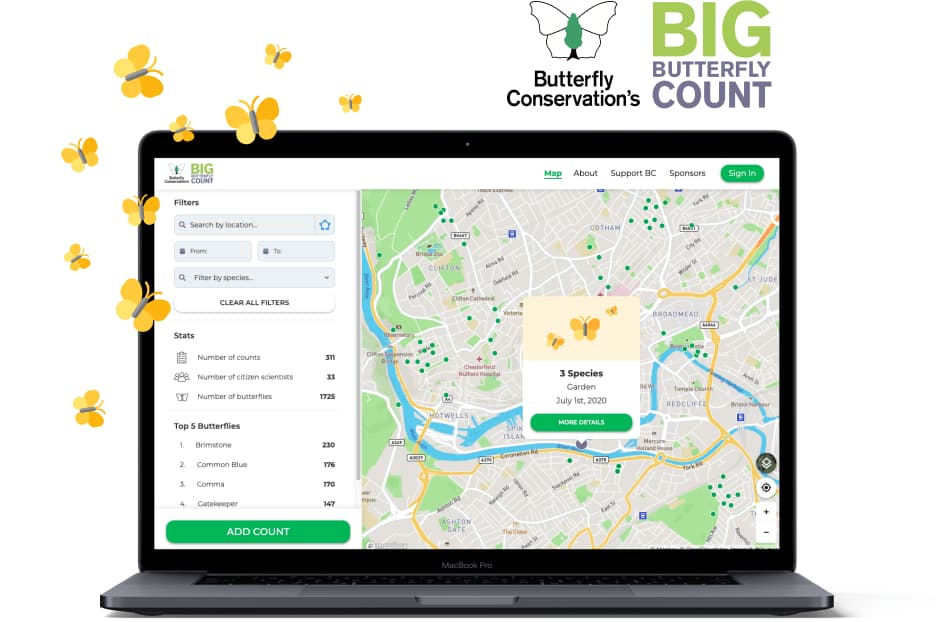Beverley voluntary and community sector survey
Beverley has a diverse and inspiring voluntary and community sector, with Beverley residents at the heart. Beverley Town Council is keen to understand how they can play a supporting role to those who are serving the community.
As part of their planning for their new Town Hall development, they want to ensure they provide a facility that the community needs and to do that, engaging with those organisations who support the community is crucial.
If you are ainterested, they would like your survey feedback here!







